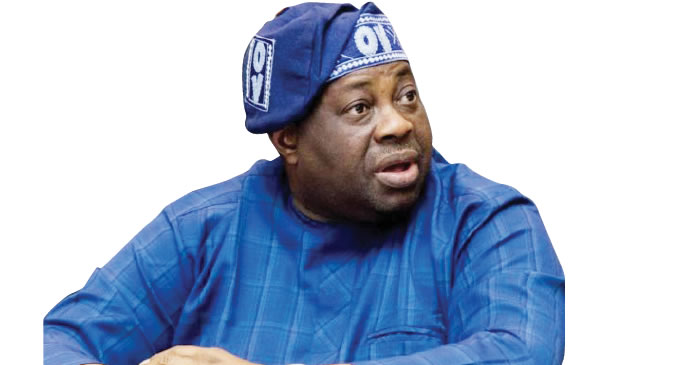The recent mass exodus of prominent members of the Peoples Democratic Party (PDP) in Delta State to the ruling All Progressives Congress (APC) has sparked considerable political analysis, with veteran journalist and politician, Dele Momodu, characterizing the move as a strategic maneuver for self-preservation rather than a genuine ideological shift. Momodu, speaking on Channels TV, framed the defections within the broader context of Nigerian political history, which is rife with similar instances of party-hopping. He contended that the current wave of defections is driven primarily by the desire to avoid scrutiny and potential prosecution by anti-corruption agencies, rather than by any newfound admiration for the APC or President Tinubu’s policies.
Momodu’s argument centers on the “carrot and stick” approach employed by the current administration, where politicians are either persuaded to join the ruling party through incentives or coerced through the threat of investigation and prosecution. He highlighted the vulnerability of politicians to agencies like the EFCC, ICPC, and the Special Fraud Unit, suggesting that the fear of legal repercussions and detention is a major motivating factor behind the defections. This contrasts sharply, Momodu noted, with the past generation of political figures who often endured imprisonment for their beliefs. Today, he argues, the focus has shifted to safeguarding accumulated wealth and avoiding any legal entanglements.
The defection, officially announced by Senator James Manager, encompassed a significant portion of the Delta State PDP leadership, including Governor Sheriff Oborevwori, his predecessor Ifeanyi Okowa, the Speaker of the House, the state party chairman, and numerous local government chairmen. Manager’s justification for the move centered on the perceived decline of the PDP, likening it to a “sinking boat” they needed to abandon. This narrative of a failing PDP was further echoed by Delta State Commissioner for Information, Mr. Charles Aniagwu, who compared the party to spoiled palm wine, necessitating a change in their political “drinking party.”
Aniagwu emphasized the need for political alignment with the ruling party to facilitate development in Delta State, suggesting that collaboration with the APC is crucial for the state’s progress. He hinted at a formal public declaration of the mass defection scheduled for the following week, solidifying the shift in the state’s political landscape. This move represents a significant realignment of power in Delta State, potentially altering the political dynamics and future electoral outcomes.
The defections raise crucial questions about the nature of political loyalty and ideology in Nigeria. While the departing PDP members cite the need for development and collaboration, critics like Momodu argue that self-preservation and the avoidance of legal scrutiny are the primary drivers. This perspective underscores the challenges of building strong, ideologically-driven political parties in a context where political survival often trumps principled stances.
Ultimately, the long-term implications of these defections remain to be seen. Will this shift in allegiance genuinely contribute to Delta State’s development as claimed by the defecting officials? Or will it simply reinforce the perception of Nigerian politics as a game of strategic maneuvering and self-interest, where party affiliation is fluid and driven by pragmatic concerns rather than deeply held convictions? The answers to these questions will likely unfold in the coming months and years as the political landscape continues to evolve.














